UN officer's view on Beijing's development
Editor’s note: This year marks the 40th anniversary of China’s reform and opening-up, and huge changes have been made in Beijing, capital of China, over the past 40 years. We have invited 40 foreign experts to participate in a series of interviews named “New Era, New Insight” jointly hosted by GMW.cn(The official website of Guangming Daily) and the Information Office of Beijing Municipality and share their “Beijing Stories”.
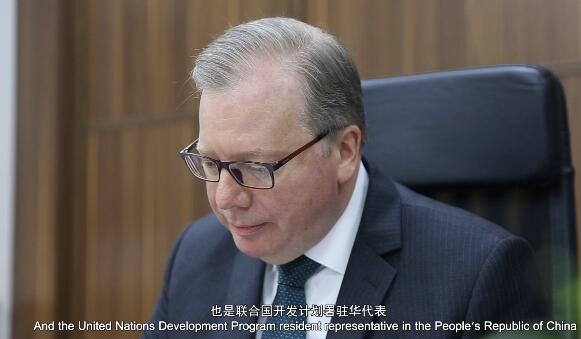
It's not just about financial resources it’s also about people to people exchange and they were very interested to learn from the experience of China and to have exchanges in terms of those experiences and practices, and to see how those experiences can be customized and used in their home countries.
China’s increasing role in global governance in many different forms. I think China is stepping up in terms of its engagement in multilateral institutions such as the United Nations, as well as contributing its own forms of global governance and additions to global governance complimentary to the existing institutions.
Within the United Nations framework, China is very active in terms of the pieces of security and I think we can see that in peacekeeping in particular where China is the largest contributor of peacekeeping troops on the P5 of the security council and the second largest in terms of funding in peacekeeping operations.
But we also see this in terms of the development work and China has shown itself to be champion of the sustainable development goals. It's integrated the SDG (Sustainable Development Goals) 2000 development plan and is supporting actively other countries in terms of its achievement and that is roles in the South South corporation and so on.
And so I think the third arrow we see China's role in the global/ stage is on kind of changes where China was one of the very important countries in pushing forward the Paris Agreement. so I think definitely China is playing an active role on the world stage and is contributing in terms of global governance within the united nations.
In addition, it's also contributing his own forms of engagements. For example the belt and road initiative which brings countries together along the old trading routes and is intended to encourage investments and traded in many countries around the world.
So I think there's a lot happening and the UN you see how best we can support China lots of his initiatives internationally or even a global partnership with China, and a number of other UN agencies have signed MOUs with China to support its work on Belt and Road and to support destination countries in terms of their ability to optimize the use of those china’s international cooperation and its trade investments.
I've seen some improvement in the two years I have living in Beijing. I said in the last winter, I mean the air quality is much better than before.
This is very encouraging and I know a lot of measures that are already being taken to mean in terms of emissions standards of vehicles timing up in terms of moves to switch to taxi feature electric vehicles in the future The change of energy mix. The move towards renewable energy and away from fossil fuels.
So I think a lot of the right things are happening. But because Beijing itself is an extremely large city of over 20 million And at the same time, I think like people call it in terms of retaining out of the atmosphere ??? as wind. There are challenges ahead, I think the right measures being put in place to improve air quality and I think for those who live in Beijing we have seen some improvement in recent years.
I think in the past, in most countries development happens without much attention to the environment, and I think that's the truth of most countries around the world, during the peak area of industrialization.
The development took place inadequate attention to the conditional environment, but I think now we see that the planet is fragile, that it's acetate to withstand heavy industrialization and use of fossil fuels and other forms of emissions is limited We all need to stand together as a global community to tackle this problem.
So what we need are not the industry solutions in the past that of environment pollution, but for looking strategies industrialization, which will minimize the usage of carbon and minimize emissions. So we need low-carbon development pathways. And I think a lot of policymakers looking at future strategies for growth economic development are looking for these low-carbon development pathways..
In the 1980s, as a very popular means of local transport, ceaseless streams of bicycles used to be an everyday spectacle in Beijing.
However, number of cars increased drastically in 90s and up until 2000, most of the main streets in Beijing were given away to vehicles. Bikeways were narrowed down.
I'm glad to see the rise of "bike-sharing" in China in recent years, which provides urban residents with low-carbon travel options.
Beijing, as capital of China, is the first major city in China transforming to a low-carbon city. When Beijing competed for the Olympic Games, the concept of "Green Olympics" was put forward.
Public awareness of environmental protection in Beijing has been enhanced as the energy-saving revolution takes place. I hear that Beijing citizens have positively responded to "one more day with blue sky in Beijing, one less day driving each month" initiative, choosing environment-friendly public transport.
I believe Beijing will become a low-carbon, ecological and livable city in the near future.





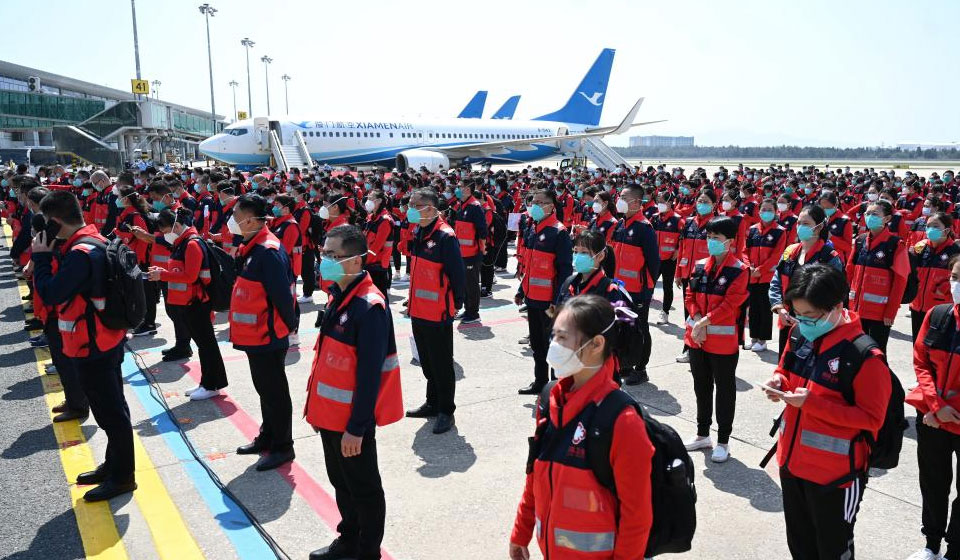
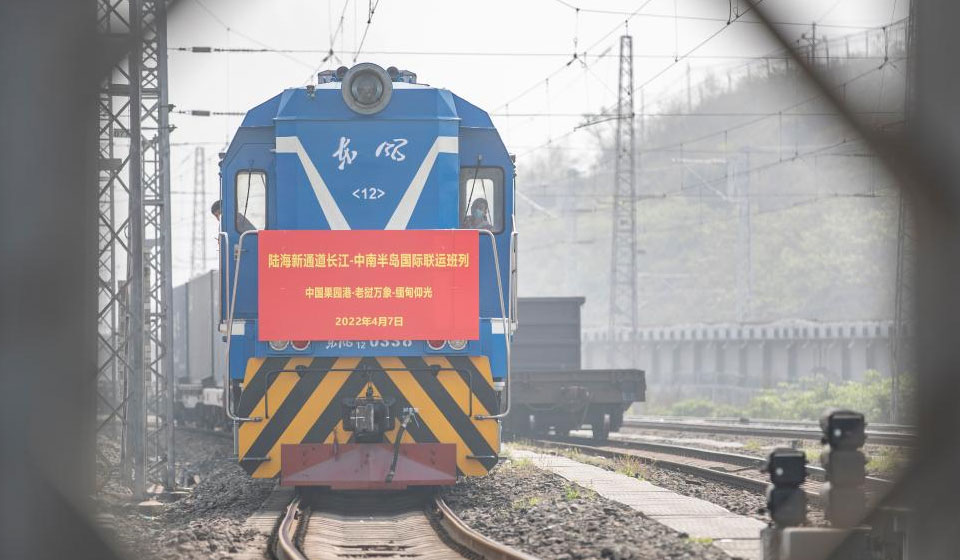
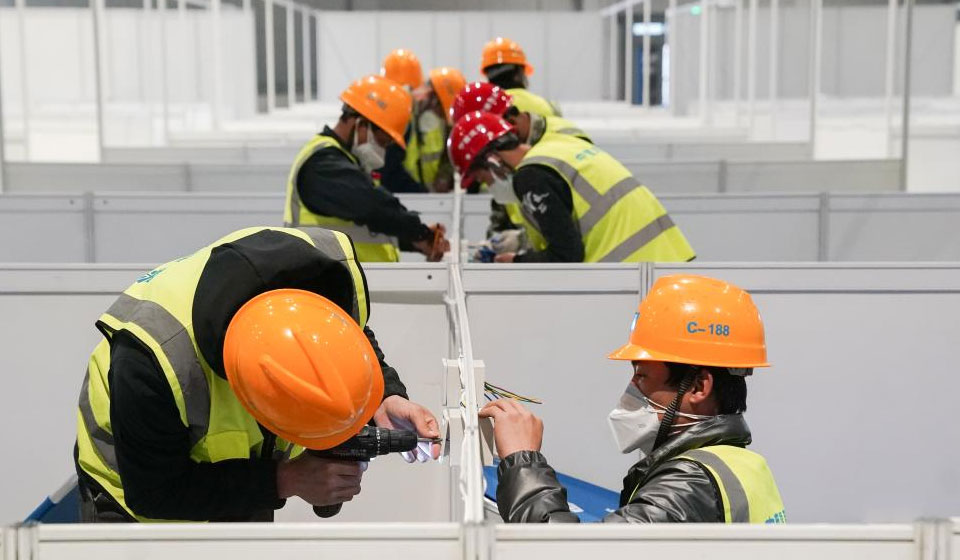
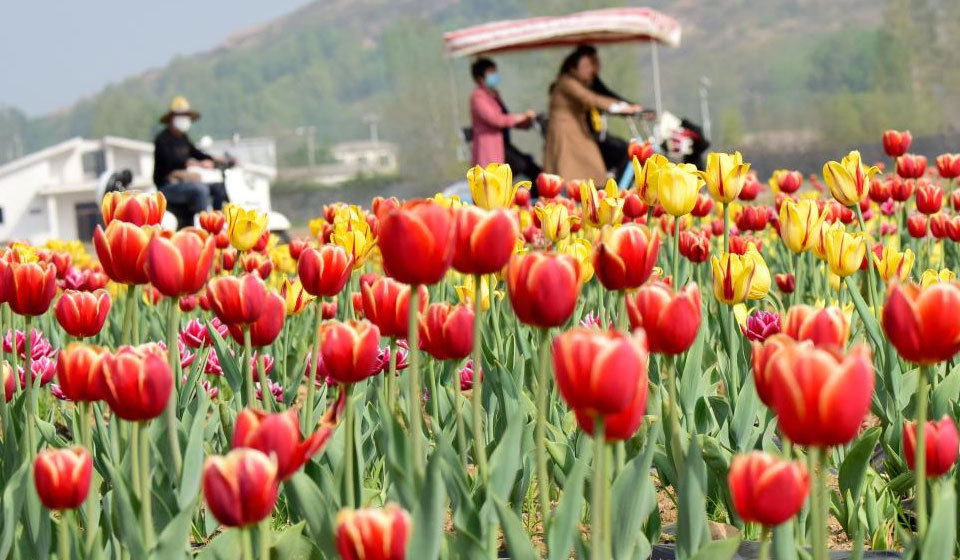

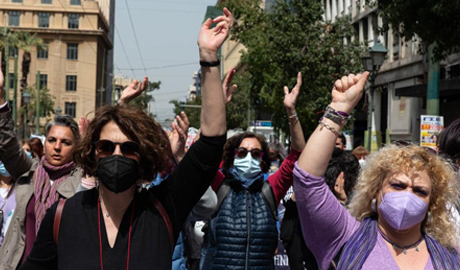

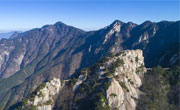


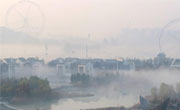
Comments are filtered for language and registration is not required. Guangming Online makes no guarantee of comments' factual accuracy. By posting your comment you agree to our house rules.